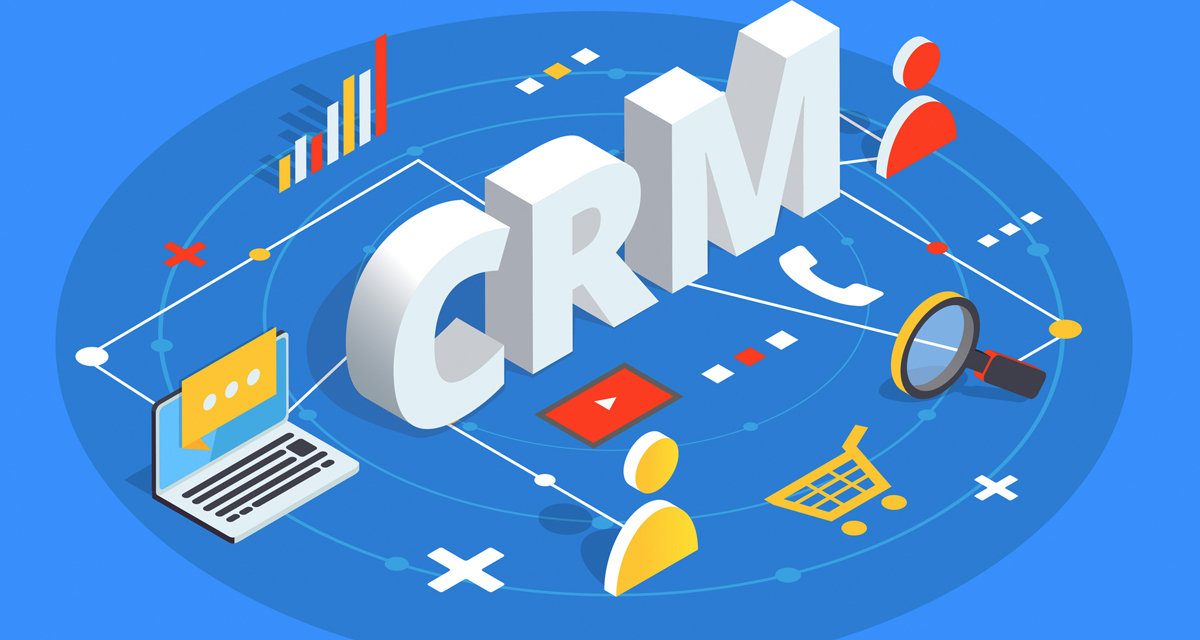Unless you are running your business as an attempt to escape boredom (lucky you) or as a front for a money-laundering scheme so poorly concealed that it would make a corrupt politician jealous, most of you would agree that more clients are good for business. Unfortunately, sometimes new businesses fail to scale up their business processes along with customer growth resulting in frustration on both sides (not to mention poor ratings and angry comments on Facebook). While a few may be exonerated by supposing that their sudden growth was so unexpected that they did not have enough time to prepare, these companies are usually the unwitting villains in these stories.
You see, a lot of business people who are still green behind the ears take it for granted that growth in the number of paying and potential customers would be translated to a similar increase in revenue which in turn would allow them to scale up. Unfortunately, this is seldom the case: as your business gains more visibility (and hopefully revenue) the number of necessary but unpaying customer interactions would increase even faster. These interactions include addressing customer complaints and other enquiries such as requests for quotations or prices. If you think that the number of quotations you fill out or the number of “interested” people you respond to daily will be anyway near to that of those who end up as actual paying customers, running a business might prove to be a very disillusioning experience for you.
The gap between the supply and demand of the attention that a business can afford its customers is even larger for those businesses whose business models revolve around upselling or “freemium”. This ultimately means that a free or underpriced product which requires support may actually end up costing you much much more than the loss you initially chose to take on.
Fortunately, an entire category of software systems was actually created to help businesses handle their customer interactions more efficiently. These systems can solve some of the challenges outlined above and a lot more.
What is a CRM system?
CRM is the initialism for customer relationship management. The systems in question are software programs developed to help businesses do just that. Granted there are many unrepentant people who are used to running their entire companies with nothing more than Microsoft Excel but most CRM systems are far more powerful. These systems enable a company to manage its interactions with not only the current and but also potential customers. They also allow you to manage customers’ personal information, contact information, marketing automation and more; all from a single centralized system. This means that all that crucial customer data that would otherwise be on spreadsheets scattered throughout several computers is gathered in one place.
While many businesses nowadays are happily conducting business over WhatsApp, the app has its own shortcomings. Proclaiming that you lost all chats in your status every now and then may be a very relatable and understandable experience (and sometimes a handy way of bailing out of lengthy and awkward confrontations with angry customers) it may come across as very unprofessional and losing months if not years of valuable customer interactions is not something you should be able to absent-mindedly shrug off in this day and age.
Improved customer service
In Zimbabwe, the businesses that need the most customer goodwill also tend to be the ones that are most lax about customer service i.e the small ones. Excellent customer service is important because no matter how triumphant you may feel about the thick skin you have developed to better withstand the verbal onslaughts of angry customers, those are the same people that ultimately go on to spread negative word of mouth which is far worse than none at all. Most of the time good customer service entails nothing more than responding promptly and professionally on any of the communication channels you may have provided for your customers.
CRM systems allow you to keep a detailed track of customer complaints and queries from a central location. This means that fewer customer queries can slip and get lost through the cracks, after all that is how some businesses inadvertently train their clients to get their attention by using profanity on social media.
Marketing automation
By efficiently handling the contact information of your multitudes of customers these systems allow you to maintain databases which are well suited for automating your marketing. This may range from the automatic addressing of physical mail items to managing SMS and email campaigns. Since your CRMS can keep details such as the addresses of your customers and their ages, you can use this information to better target your marketing efforts to make them more relevant.
Improve customer retention
By keeping records of past customers you can use knowledge such as that of their interests and likes together with their contact details to send them marketing material notifying them not only of new products and services but also of any sales promotions you may have on offer. In most cases, it costs far much less to retain a customer than to acquire a new one that is why savvy business owners have always been eager to preserve the details of former customers.
Keeping records and an eye on employee activity
In the recent past, some companies have been forced to issue public apologies after details of their employees’ poor handling of customer issues have reached them in the most roundabout and inopportune of routes: viral posts about how despicable their company is. If your employees are communicating with clients using several channels, it is all but impossible to keep track of and review each and every one of these interactions. However, by consolidating all communication records onto one platform, a CRM system makes it easier for one to do just that and some even have the ability to record calls.
A CRMS can even end the commonplace practice of permanently assigning clients to specific employees. This means that no matter which employee they are interacting with, a customer will always belong to the business. I am sure you have heard of cases of disgruntled employees who left firms with all of “their” clients. A CRMS keeps a common record of all of your customers’ contact details. There should be a difference between a paid employee and an independent agent – the former should not be allowed to keep a secret stash of client contact details.
There are countless Customer Relationship Management Systems which your business can use nowadays. Some of them are free, some you purchase while some are online and require you to pay monthly subscriptions.









Incredible! Powerful contemporary staff there!
Glad you appreciate it. Look out for more articles on the subject.